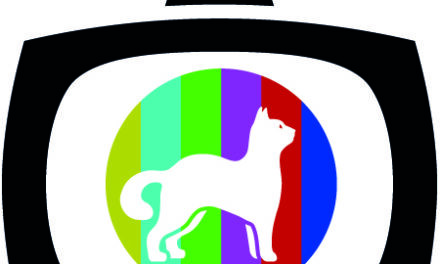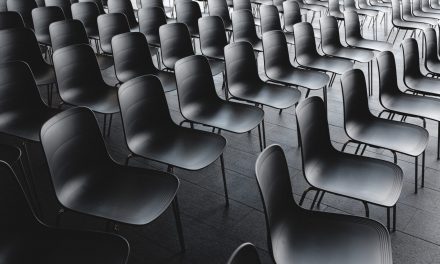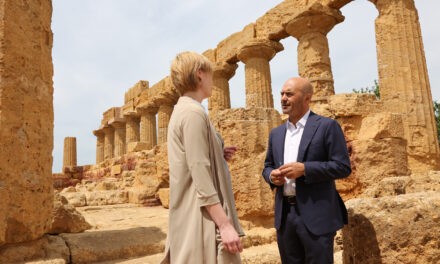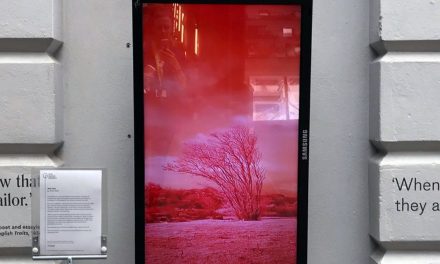The Black Lives Matter movement, the trial and conviction of Derek Chauvin, calls to defund the police, the prominence in the media of killer police such as Joseph James DeAngelo are recent manifestations of intense and even unprecedented levels of media attention on policing at interlocking points of race, inequality, social justice and political agendas. Equally, exciting cross-disciplinary engagement between fields of justice studies, criminology, cultural studies and popular culture are increasingly opening up.
Police have been the inspiration for and focus of countless film and television stories, a long-standing dramatic strain that is a fictional backdrop to the intense recent public scrutiny, and at times rejection of policing. Perceptions of the police are shaped by these long standing narrative forms of film and television that can also convey other shapers of perception, from bodycam footage to mobile phone recordings.
At this point of exceptional pressure on police conduct and the uncertain paths that policing will take in the 21st century, this collection is intended to be a topical opportunity to examine the themes of how police and policing are perceived and portrayed and these points are intended as the focal point for each contribution.
We are assembling a special collection of essays that consider addressing the intersection of police and policing with film and television in the 21st century. Possible areas include:
- Genre studies and the procedural
- Representations of race
- Real and fictional police
- Reality television
- Televising trials
- Police in pornographic films
- Representations of police both historical and modern
- Policing in dystopias
- Moral and political authority
- Contributions related to the United States are especially welcomed.
Advice for contributors
This edited collection is under contract.
If you are interested in contributing to this collection, we ask that you submit an abstract of up to 250 words explaining the focus and approach your proposed essay. The proposed volume is intended to be scholarly and will be peer reviewed but accessible in tone and approach. Each final contribution should be around 6000 words.
Abstracts should be emailed to marcus.harmes@usq.edu.au
Abstract submission deadline: October 15, 2021
Full paper submission deadline: March 1, 2022
About the editors
Associate Professor Marcus K Harmes has published extensively in the field of popular culture. His most recent publications include Roger Delgado: I am usually referred to as the Master (Fantom Publishing 2017) and Doctor Who and the Art of Adaptation (Rowman and Littlefield, 2015). He is the author of numerous studies on the church in modern popular culture, including book chapters in the collection Doctor Who and Race, and articles in journals including Science Fiction Film and Television, and Journal of Religion and Popular Culture. In 2018 he edited the Handbook for Springer on Postgraduate Education in Higher Education.
Meredith A Harmes teaches communication in the enabling programs at the University of Southern Queensland in Australia. Her research interests include modern British and Australian politics and popular culture in Britain and America. Her most recent publication in the Australasian Journal of Popular Culture was on race and cultural studies on American television. She holds an honours degree from the University of Queensland in political science and a Graduate Diploma of Journalism and a Masters of Public Relations from the University of Southern Queensland. She is co-editor of Postgraduate Education in Higher Education (Springer, 2018).
Dr Barbara Harmes lectures in communication at the University of Southern Queensland, with a particular focus on international students. Her doctoral research focussed on the discursive controls built around sexuality in late-nineteenth-century England. Her research interests include cultural studies, postgraduate education and religion. She has published in areas including modern Australian politics, postgraduate education, 1960s American television and her original field of Victorian literature.





